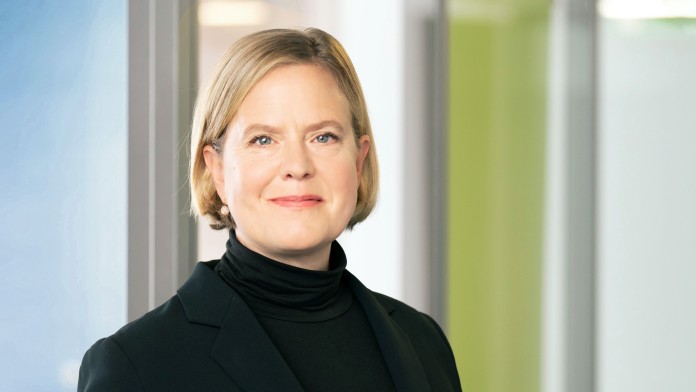Press Release from 2016-06-01 / Group, KfW Research
German business start-up activity drops but innovative start-ups buck the trend
- Strong labour market brings down necessity start-up rate
- Number of innovative start-ups has risen slightly
- One out of five start-ups build on digitalisation
The sustained strength of the labour market greatly reduced start-up activity in Germany in 2015. The number of start-up entrepreneurs dropped to 763,000 persons, a decrease by 152,000 or 17% on the previous year. The unemployment rate fell by a further 0.4 percentage points, leading to an above-average decline (-28% to 207,000) of “necessity start-ups for lack of better alternatives” in particular. “The very good situation on the labour market hampers start-up activity. What is positive here is that the number of necessity start-ups is at an all-time low. We also see further positive aspects”, said Dr Jörg Zeuner, Chief Economist of KfW Group, on the occasion of the presentation of the KfW Start-up Monitor 2016, the representative survey of start-up activity in Germany. The number of innovative start-ups, for example, rose slightly by 6% to 95,000. “Innovative start-ups are of great importance for our competitiveness because they invest in research and development and have a higher survival rate”, said Dr Zeuner. “Start-up activity has dropped in quantity, but structurally it has gained in quality”.
The KfW Start-up Monitor 2016 for the first time sheds light on the importance of digital technologies for start-ups. The result: entrepreneurs who create new or take over established markets using digital technologies now make up a substantial portion of start-up activity. One out of every five start-ups (21%) is a “digital” start-up, that is, their offering is available exclusively through digital technologies. They have diverse business models, as digital start-ups are defined as app providers, operators of web portals, online retailers, software developers or web designers. The benefit of digitalisation lies in its access to markets. While the majority of entrepreneurs target a particular region (40% are supra-regional), 70% of “digital” start-up entrepreneurs directly target the national or international market.
Overall, the proportion of entrepreneurs who employ external funding rose to 65% in 2015 (62% in 2014), with 23% using external sources such as credit institutions, private investors, or family and friends (21% in 2014). Most of the external capital is within the micro-finance range of up to EUR 25,000 (15% of entrepreneurs). But the share of entrepreneurs who use higher amounts of external capital has risen in the past years, climbing to a peak of 8% in 2015.
A welcome development was that the share of entrepreneurs with funding difficulties dropped by one quarter in 2015 (from 20% to 15%). “Start-ups will always be more strongly affected by funding difficulties than established entrepreneurs because they usually have no corporate history and are often unable to provide collateral”, said Dr Zeuner. “But we have a high economic interest in preventing promising ideas from going to waste for lack of funding. That is why it is notably the task of promotional banks to support start-up finance.”
Further results at a glance:
- The participation of women in start-up activity (43%) continued on a record level for the third consecutive year.
- The majority of all start-ups still operate in the service sector, followed by manufacturing and retail.
- Start-up entrepreneurs created around 610,000 full-time equivalent jobs for themselves and for their employees in 2015.
Note:
The KfW Start-up Monitor is based on an annual random selection of 50,000 persons interviewed by telephone as part of a representative survey of the population. The concept of start-up activity is defined broadly to include full-time and part-time, self-employed and commercial business start-ups. The KfW Start-up Monitor 2016 is the 16th survey.
Information on the promotional programmes of KfW is available at www.kfw.de/gruenden


Share page
To share the content of this page with your network, click on one of the icons below.
Note on data protection: When you share content, your personal data is transferred to the selected network.
Data protection
Alternatively, you can also copy the short link: https://www.kfw.de/s/enkBbm2w.BXbA
Copy link Link copied